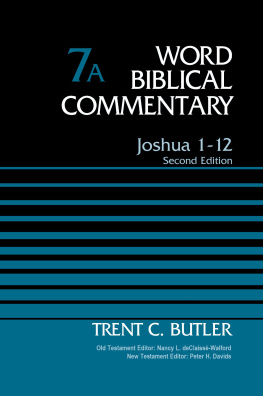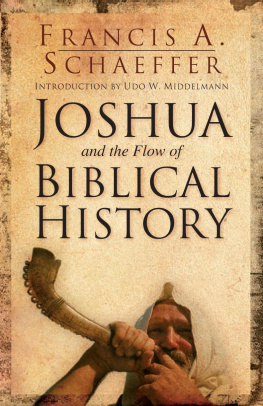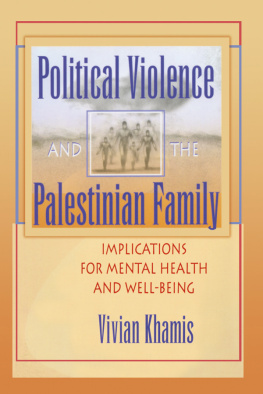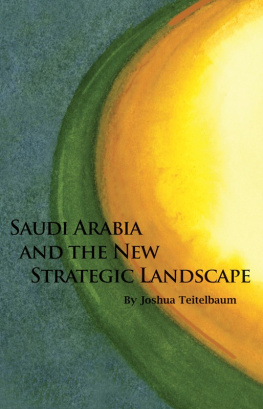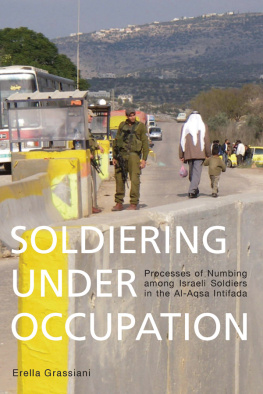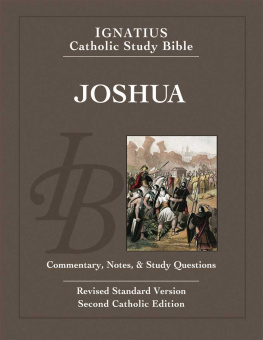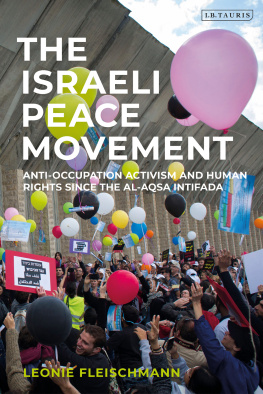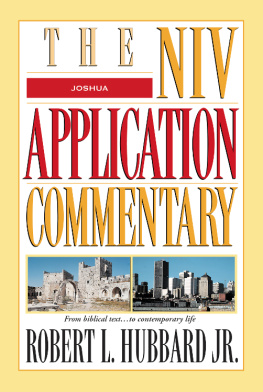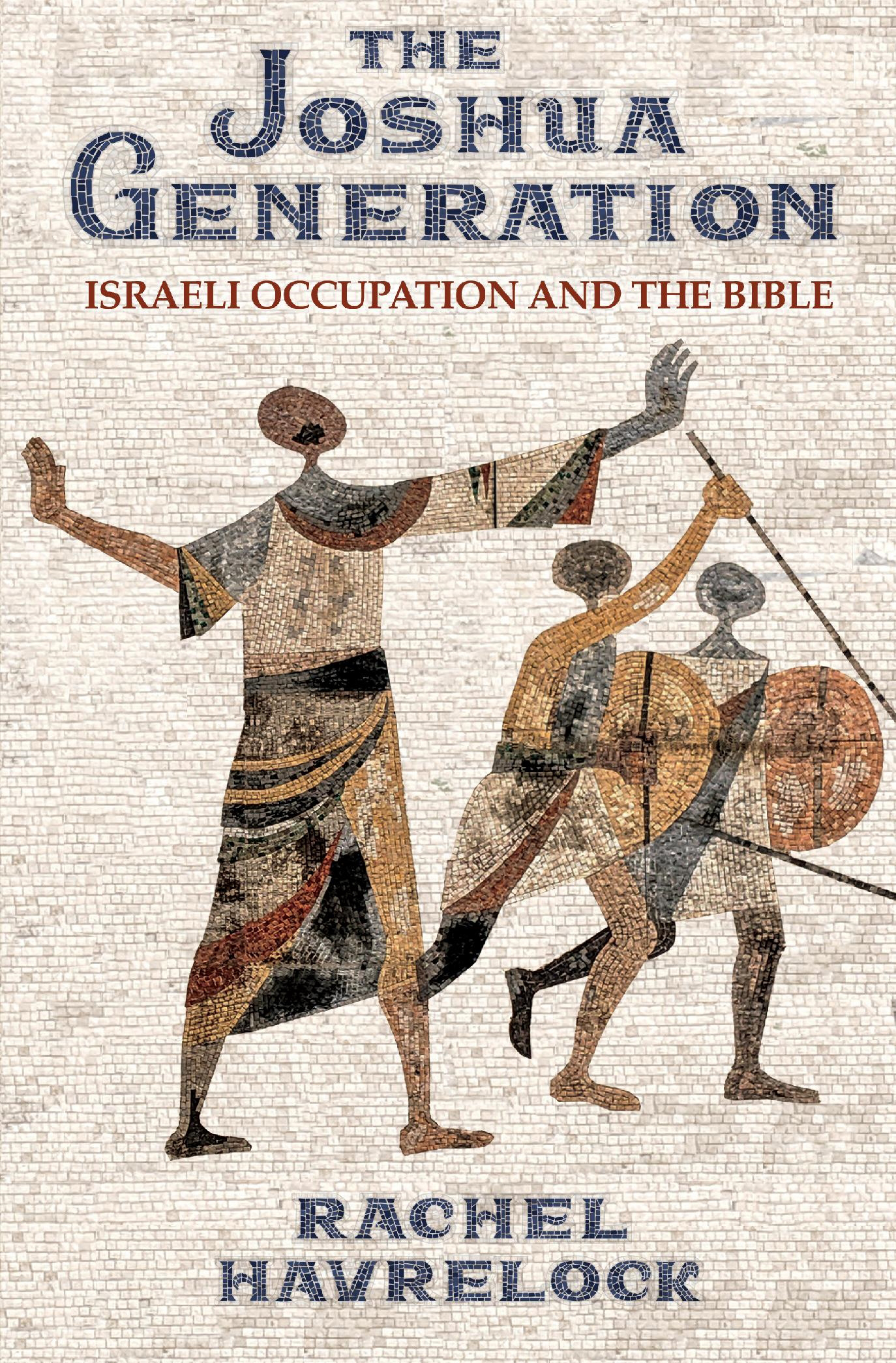Prime Minister David Ben-Gurion attends the first Bible Quiz at the Hebrew University in Jerusalem. His personal secretary Yitzhak Navon and Teddy Kollek sit to his left. President Yitzhak Ben Zvi and Knesset Speaker Yosef Sprinzak sit to his right. Courtesy of the Israel Government Press Office.
David Ben-Gurion participating in a festive meeting of the Bible study group at his home in Sde Boker on the occasion of his eightieth birthday celebration. Courtesy of the Israel Government Press Office.
Photograph of Yigael Yadin (R), David Ben-Gurion, and Shimon Perez (L) exiting an army helicopter at the Hazor excavation. Photographed by Moshe Pridan. Courtesy of the Israel Government Press Office.
Map of Partitioned Israel in the era of the Joshua Study Group, Roni Blushtein-Livnon
.David Ben-Gurion, prime minister of Israel, inspecting troops in Tel Aviv along with General Yigal Allon (far left) and General Yigael Yadin (second from left), October 8, 1948. United States Holocaust Memorial Museum, courtesy of National Archives and Records Administration, College Park.
Joshua mosaic on 1 Joshua Bin Nun Street in Tel Aviv. Mosaic artist Mordechai Yoeli. Photographed by Kevin Dwarka
Map of Joshua Land. Blank areas within enclosed territory indicate Israeli controlled nature areas.
Map of the Coastal Aquifer, Israeli Desalination Plants on the Mediterranean, and Sites of Wastewater Treatment in the northern Gaza Strip, Roni Blushtein-Livnon
ACKNOWLEDGMENTS
I BEGAN WRITING about Joshua soon after completion of my previous book, River Jordan: The Mythology of a Dividing Line. Since then, my research and life have been enriched by many gatherings and experiences. During the same period, Ive witnessed shocking things occur in the places relevant to this book, as well as across the globe. Both have influenced the nature of the present volume. I thank all of the people whose consideration of my ideas and dialogue about them shaped this work, and I take full responsibility for any of its missteps.
I dedicate this book to Michael Feige, a friend and colleague who was killed in an act of violence both targeted and random. Prior to his untimely death, Michael and I discussed at great length the biblical texts, archaeologists, and Israeli interpreters covered here. I have vivid memories of our dialogue in Chicago parks, memorials in Washington, DC, Tel Aviv cafes, andquite by accidenton the Formula 1 racetrack in Jerusalem. Most memorable was a visit Michael arranged for me at the Ben-Gurion archive and the former prime ministers Sde Boker retreat. What turned out to be our final in-person conversation was held in the desert that Ben-Gurion pumped with symbolic meaning. I feel Michaels absence profoundly. Even worse, the academic community has lost one of the few scholars able to face the pitched Israeli-Palestinian conflict with a calm demeanor while entertaining the political positions of its combatants no matter how they clashed with his own.
Archaeologist Zvi Lederman set me on this journey when he leant me his copy of the proceedings on the book of Joshua at Ben-Gurions home. I thank him for the tip and the extended book loanfinding my own copy constituted a journey within a journey. Laura Levitt, beloved friend and feminist hero, made this book happen in so many ways, not least by leading me through the American Academy of Religion/Society of Biblical Literature book hall in her shining silver cloak. Particular thanks are due to Nasser Mufti, Shai Ginsburg, Yosefa Raz, Seth Sanders, and Kam Shapiro for their attention to the manuscript and key editorial interventions. Nory Peters served as my research assistant early in the process and guided me through vital German texts. Efrat Appel generously sat with me to puzzle through Joshua texts. Often, this left us as the last people sitting in bars and cafes lingering over Hebrew to English translations. I so value her precision, patience, and humor.
My gratitude extends to the conveners and participants in the Borders in Jewish Thought conference at the University of Chicago: Uri Shachar, David Scholen, Paul Mendes-Flohr, Ofri Ilani, Sam Berrin Shonkoff, Hillel Ben Sasson, Israel Yuval, Julie Cooper, and Naam Rokem; and to the presenters at my Holy War Conference held at the University of Illinois at Chicago (UIC) Institute for the Humanities: William Morrow, Reuven Firestone, James Turner Johnson, Michael Sells, Janaki Bakhle, David Watt, and Mahinda Deegalle. My fellows at the University of Cambridge Centre for Research in Arts, Social Sciences, and Humanities (CRASSH)Dana Arnold, Lauren Arrington, Naor Ben-Yehoyada, Anders Ekstrm, Abhijit Gupta, Wilson Jacob, and David Monteyneadvanced my thinking and ensured a pleasurable sabbatical. Jim Aitken made some remarkable Joshua manuscripts available to me, and I also enjoyed time with Gabriel and Michal Rosenbaum in Cambridge. Special thanks are due to Simon Goldhill for running the fellowship at CRASSH and never wavering in the role of consummate host. Thanks to Simon, I have been able to maintain my connection to Cambridge through an Israeli-Palestinian water working group. The group remains an important part of my life, and I have learned much from its participants, including Samer Alatout, Stephen Gasteyer, Sreematti Mitter, Julie Trottier, Dan Rabinowitz, Rami Narte, Itamar Mann, Tamara Lotner Lev, David Brooks, Eran Feitelson, Ezgican Ozdemir, Jauad El Kharraz, Steven Caton, and Sophia Stamatopoulou-Robbins. Dean Astrida Tantillo and a UIC College of Liberal Arts and Sciences Deans Research Award further supported vital sabbatical inquiries.
As I learned during a fellowship at the UIC Humanities Institute, one doesnt need to travel to be on leave. I thank former director Susan Levine and associate director Linda Vavra as well as Joaqun Chvez, Salome Skvirsky, Rosilie Hernndez, Malgorzata Fidelis, Priscilla McCutcheon, Melissa Hibbard, and Saniye Vatansever for the lively conversation and their contributions. Frederick Greenspahn convened a conference around biblical studies and Jewish studies, whose proceedings illuminated the stakes of my arguments. Biblical scholars like Seth Sanders, Yvonne Sherwood, Joel Kaminsky, Erin Runions, Alan Levenson, Eva Mroczek, Mark Leuchter, Alison Joseph, Mark Brett, Tamar Kamionkowski, Marc Zvi Brettler, Rhiannon Graybill, Abraham Winitzer, Nili Wazana, Stephen Russell, Elizabeth Goldstein, Robert Kawashima, Diana Lipton, Ken Stone, Jeremy Hutton, and Ron Hendel keep the field interesting and vibrant. My fellow Joshua enthusiasts in the Society of Biblical Literature Joshua-Judges sectionZev Farber, Daniel Hawk, Edward Noort, Thomas Dozeman, and Ralph Hawkinshave welcomed my ideas while debating them with seriousness and vigor. I owe much to the friendship, dialogue, and support of Johari Jabir. Among the acts for which I extend gratitude is his convening of a group to read my work as I was preparing to submit it for review. Nasser Mufti, Patrick Schafer, Ellen McClure, Mark Canuel, Joe Tabbi, and Tatjana Gajic offered guidance, along with Johari, at a pivotal juncture.


